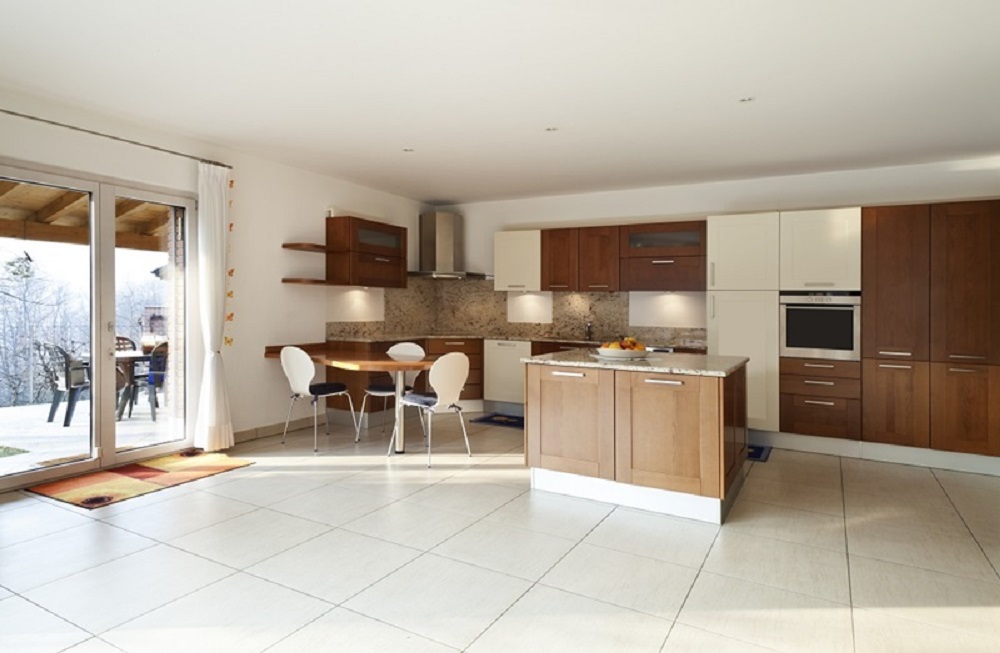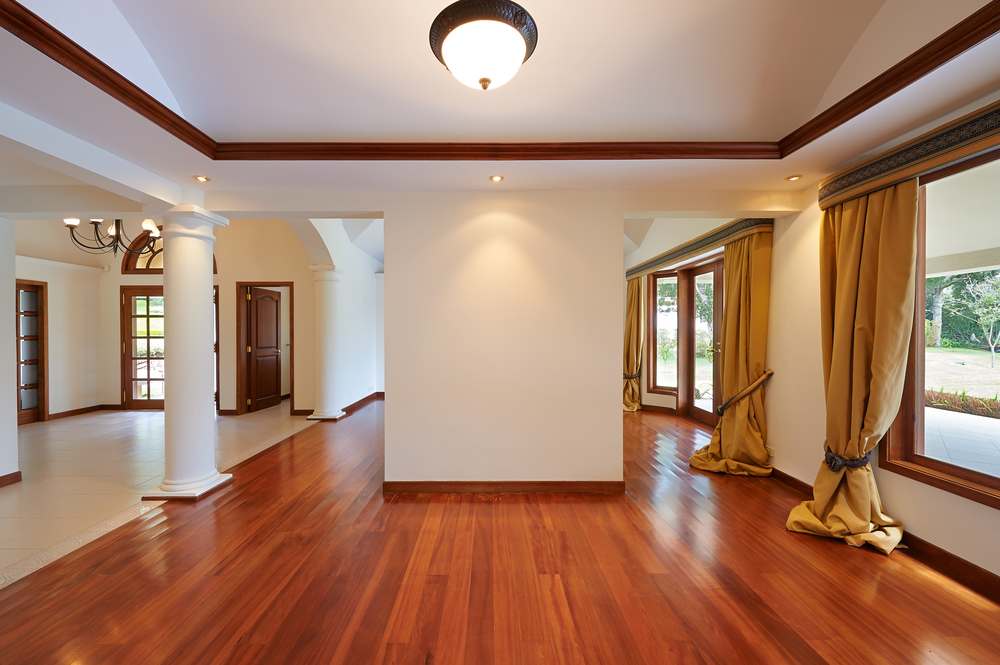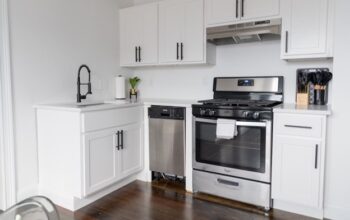There are almost as many flooring options as there are types of commercial buildings. From showrooms to reception areas, the flooring you choose for your business will vary according to your budget, aesthetic and usage.
Factors About Commercial Flooring Contractors
#1. Installation
The cost of installation is a very valid concern for business-owners who are trying to stretch their dollar as far as possible. Bear in mind that the cheapest flooring to install may not always be the best one – factor in long-term maintenance costs alongside initial installation costs and reach out to reputable local commercial flooring contractors to get the job done right.
#2. Required Maintenance
When choosing from a range of flooring options, think of the long-term maintenance costs that may be associated with each flooring option. Stained concrete and epoxy treated floors are easy to keep clean, and carpets can easily be vacuumed.
 Natural stone and vinyl, on the other hand, tend to require buffing and polishing to keep them looking brand new, so carefully consider whether you can afford to keep up the maintenance. Also, if your business involves a wet environment, ensure that you opt for a hard, impenetrable surface so that messes are easy to clean up and mold stays far away.
Natural stone and vinyl, on the other hand, tend to require buffing and polishing to keep them looking brand new, so carefully consider whether you can afford to keep up the maintenance. Also, if your business involves a wet environment, ensure that you opt for a hard, impenetrable surface so that messes are easy to clean up and mold stays far away.
#3. Aesthetics
The way your business appears to customers or clients is imperative to their overall impression of your business. Carpets create a cosy feeling and dampen noise, making them ideal for hospitals, schools or anywhere where noise must be kept to a minimum. Refined materials like marble or mosaic porcelain elevate commercial spaces like retail showrooms or hotel foyers, adding the sophisticated touch that your clientele will love.
#4. Durability
Is your commercial space one that sees a heavy foot and machinery traffic, such as a workshop or factory? If so, you’ll need hardwearing materials like vinyl roll flooring or concrete, which are waterproof and wear resistant. An office area, on the other hand, will not undergo much wear and tear, allowing you to choose a softer material.
Types of Commercial Flooring
#1. Timber
Timber is a classic flooring option, and for good reason too. Timber flooring is inherently strong and durable, while still having some natural “give”, meaning it will not fatigue due to heavy foot traffic. Timber flooring also provides a naturally beautiful appearance, making it ideal for use in museums or offices that need functionality as well as beauty.
If maintained properly, timber will last just as long as your business does. However, bear in mind that timber does not fare well in humid environments, so avoid using it in wet areas. Timber flooring is well-worth the initial upfront costs, thanks to its long-wearing nature.
#2. Concrete
Commercial properties that see heavy foot traffic should consider concrete, one of the toughest flooring options on the market. Restaurants, shops and industrial locations will benefit from the hardwearing nature of concrete flooring, while also adding a contemporary touch to their building.
To make sure your concrete truly lasts, you will need to add certain finishes and coatings and perform some regular maintenance. With these finishes added to your concrete, you will enjoy a flooring surface that resists spills, staining and is also not slippery.
 Concrete works particularly well in stripped-back, edgy and minimalistic surroundings, such as fashion stores, beauty salons or even a forward-thinking office. Graphics can also be added to concrete to truly reflect your business, while its reflective qualities help to brighten up your space.
Concrete works particularly well in stripped-back, edgy and minimalistic surroundings, such as fashion stores, beauty salons or even a forward-thinking office. Graphics can also be added to concrete to truly reflect your business, while its reflective qualities help to brighten up your space.
#3. Carpet
While carpet is not often thought of as a heavy-duty flooring material, it can actually be very suitable for certain commercial spaces. Carpet is wonderful at muffling noise, making it ideal for buildings in which privacy, concentration or noise minimization is important such as offices or medical facilities.
#4. Vinyl
Vinyl, once seen as cheap and draggy, is now known for its style and durability. Available in a range of colors and textures, vinyl can be customized to suit the aesthetic of your commercial building. Vinyl can even be designed to look like timber, stone or ceramic, while still being effortless to maintain.
This adaptability is what makes vinyl suitable for a range of applications, from offices to shops, and affordable for business-owners with small budgets. To maintain your vinyl flooring, sweep or vacuum your floor regularly to prevent scratching or dulling.



